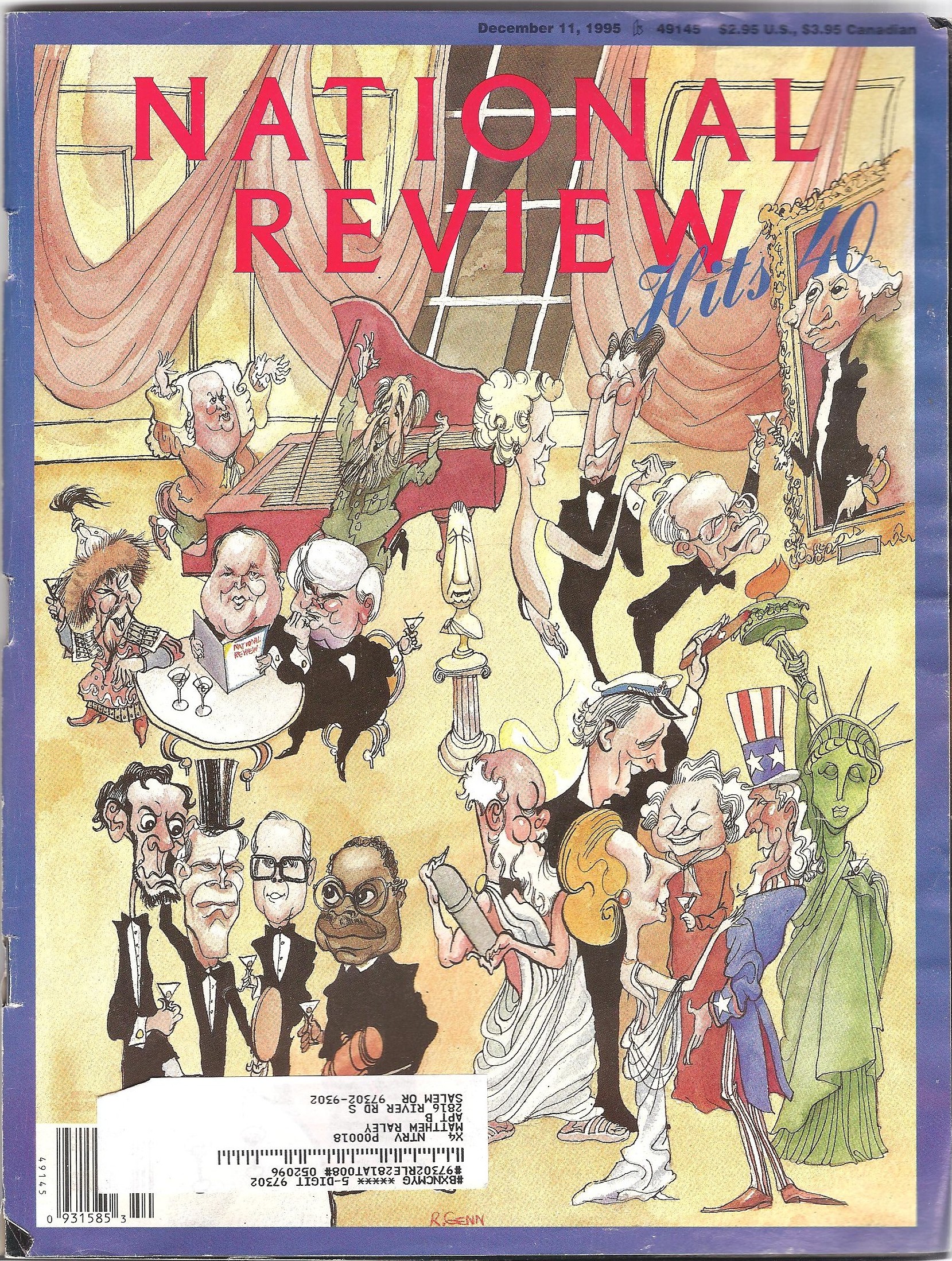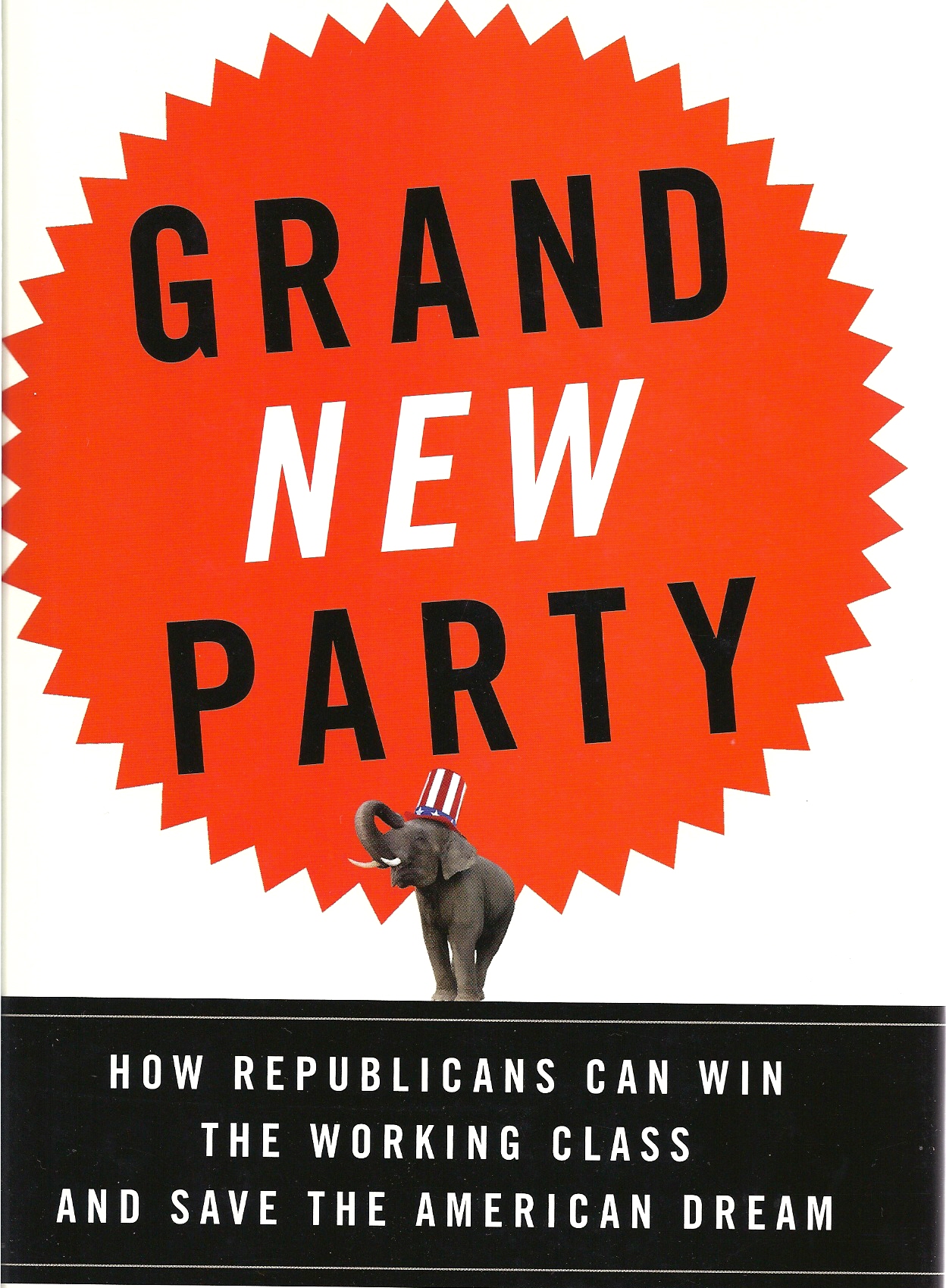by Matthew Raley With Mitt Romney's wins in Michigan and Arizona last night, the race for the GOP nomination may become more stable. But the diminishing political options for Romney's competitors will not change the attitudes of GOP voters. The candidates reflect America's deepening division without giving the leadership Americans need to reunite. Republicans will continue to grumble.
Great political leaders make coalitions that give different interests a place to combine. Ronald Reagan, for instance, is best understood as a coalition builder. He knew that strong unity begins with a dense message, one that integrates many points of view. The secret to his political power was the diversity of people and philosophies behind him. (The left has never understood this, preferring to call Reagan an illusionist.)
The two most significant GOP candidates at this writing, Romney and Rick Santorum, are not going to be great leaders.
Here are some of the cultural changes the GOP candidates reflect.
1. Economic divide.
Santorum and Romney reflect this divide perfectly. Santorum comes from a blue collar district in Pennsylvania, the real rust-belt deal. He articulates the priorities of blue collar people who have seen their way of life fall to pieces. Romney lives in the managerial world of law and finance, and articulates the problem-solving ethos of that world.
Both men talk about freedom. But the blocks of culture they represent need to hear how their specific interests in freedom combine. The question of the hour is, "Where do interests converge?"
2. Educational divide
One chunk of the nation has a college or graduate education. That block has mobility, options, and wealth. The people in it have seen their choices narrow in the last four years because of the bad economy. But they still have options to improve their lives.
The other chunk of the nation has a high school education and, maybe, work experience. This block has little social mobility, few to no options for improving their lives, and little wealth. Men in this group, particularly, do not see how they can make their way back into the economy with anything like the vitality their fathers enjoyed.
This educational divide has hardened into worldview divide. Many in the educated block view their education as a spiritual mission, a means to moral and personal transformation. Most in the uneducated block see the educational establishment as a fraud. Harvard, Madoff -- what's the difference? And this suspicion is all too well-founded (here and here). It is not just anti-intellectual bigotry, as the educated classes love to suppose.
Santorum spoke directly to this split, taking one side of it in unambiguous terms. Obama is a "snob" for talking up college. Santorum's approach is not going to benefit him. It will be seen as unpresidential even by those who might eat it up on a talk show. But, even though candidates do not gain the nomination with boorish jabs, there remains a deep and justified hostility to the socially approved waste of resources by colleges and universities.
Romney, for his part, is a numbers guy, planted complacently on the other side of the divide.
So the question remains: how can the interests of both combine?
3. Family divide.
Charles Murray has delivered another of his virtuoso performances in social science, speaking of numbers. In Coming Apart, he shows the predominance of traditional marriage among those who are educated with a secular worldview, and the predominance of broken families among the less educated. Michael Barone analyzes the Romney-Santorum battle in light of Murray's findings.
Santorum, in his populist flush, seems unaware that the working class no longer lives a traditional family life. Indeed, the most significant reason why the working class has fewer economic and social options is not the disappearance of manufacturing jobs, but the loss of resilience that comes from a committed marriage.
Romney has nothing to say about this. He has the gut of a financier, which, valuable though it may be, seems to leave him incapable of speaking effectively to these problems.
What will the new coalition for the traditional family look like? Actually, it won't be political at all.
The reason the GOP hasn't settled on a front runner is that no candidate is building a coalition.
If Santorum had wanted to be credible, he would have come out of the gate with a coalition message, and he would have made his strategy and tactics in the primaries cohere with that message. As it is, he is merely rallying a constituency, and is blowing an opportunity that only comes once in a generation.
If Romney had wanted to be credible, he would have launched his campaign with a deeper, more cogent assessment of America's problems. But he does not appear to have the imagination to do more than deliver slogans. And by now, he has morphed too many times to sharpen his message.
Gingrich and Paul? Paul does not want a coalition. That was never his game. As for Gingrich, I would never count him out. But the coalition he envisions seems to change every time his mic goes live.
In other words, every GOP candidate wants to be Reagan without doing what Reagan did.


